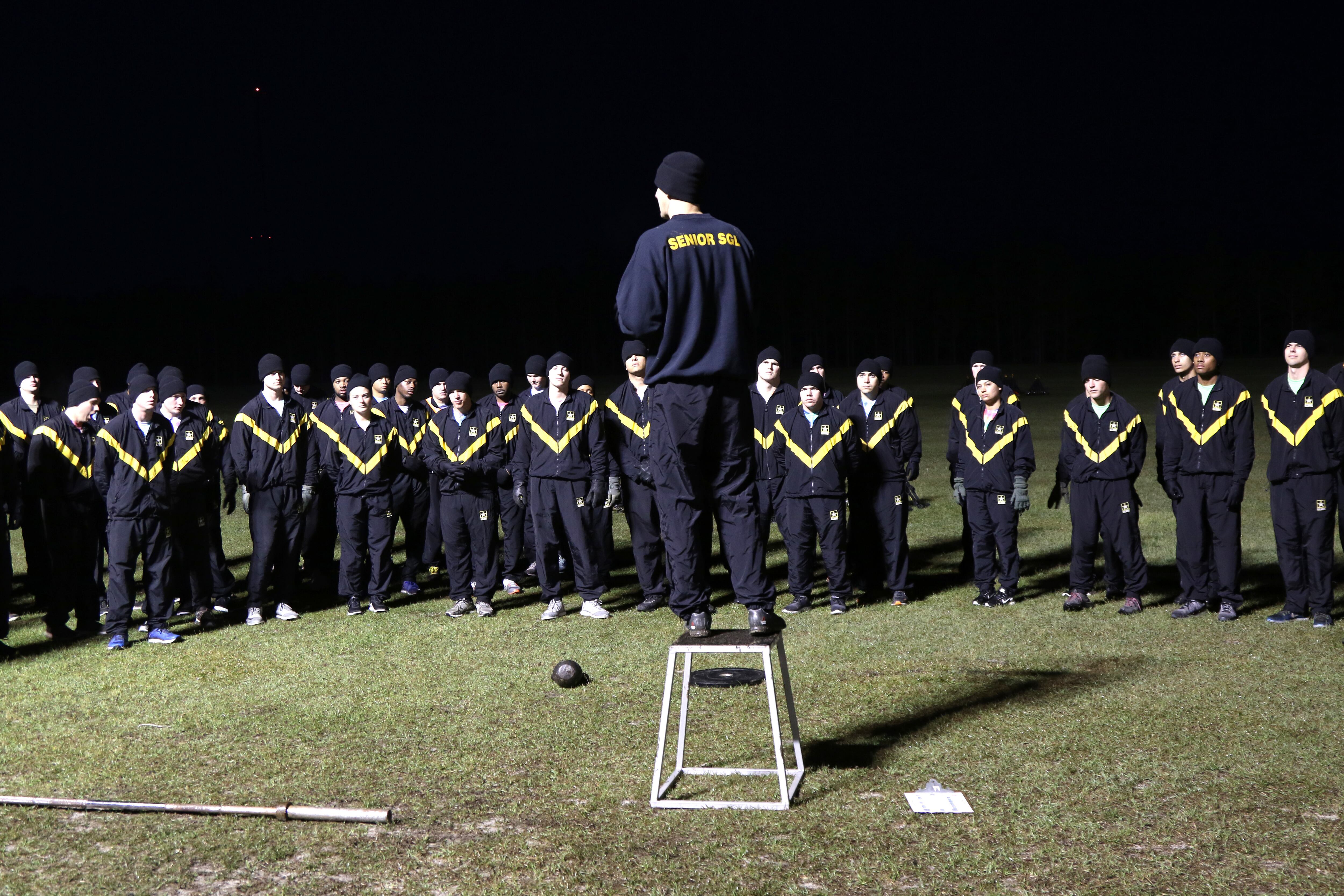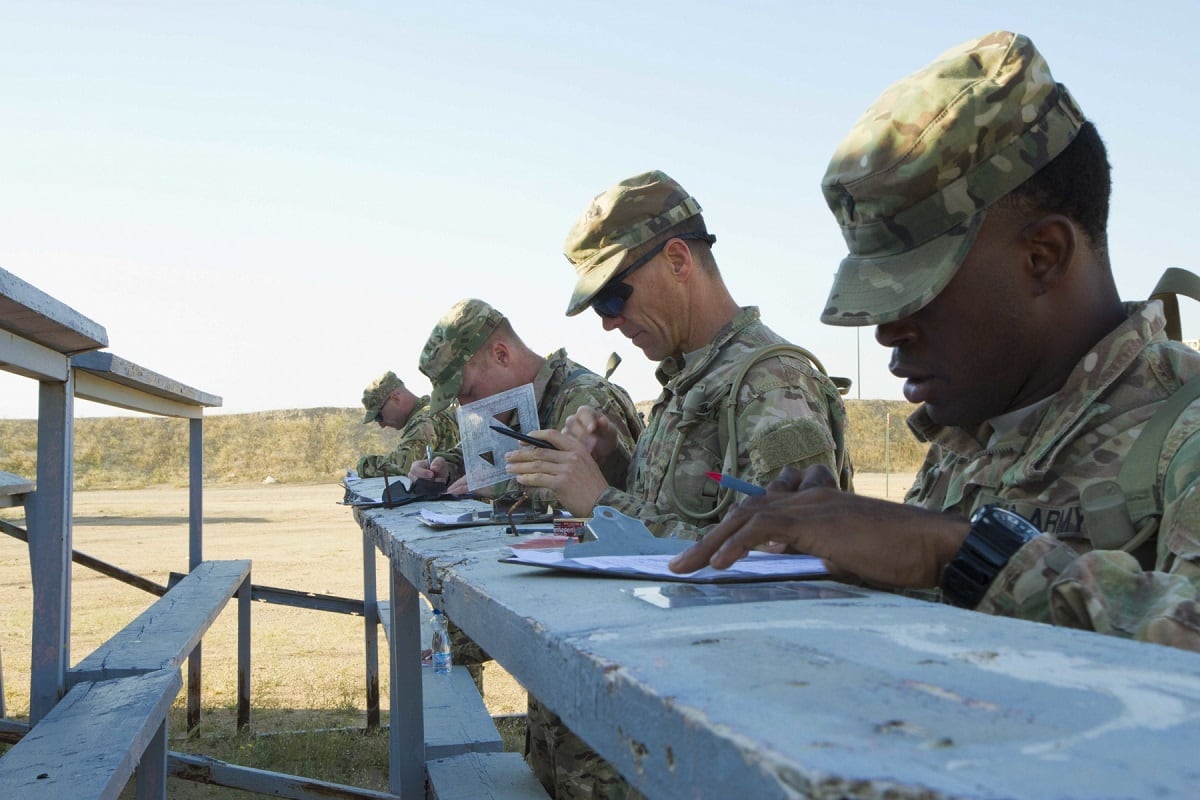It’s official: The Army is now allowing a select group of soldiers to be promoted before they complete their required professional military education.
The exception to policy applies to deployed, promotable soldiers in the ranks of specialist or corporal through sergeant first class, for promotion to sergeant through master sergeant.
The Army first announced this latest update to its STEP — or select, train, educate and promote — policy in April. But the accompanying All-Activities and Military Personnel messages were not released until Sept. 19 and Sept. 21, respectively.
The deferment to professional military education targets soldiers who are deployed and unable to break away for school.
“In an era of persistent conflict, the intent is to support promotion of soldiers on operational deployments, on a case-by-case basis, who would have otherwise been promoted had their deployment not prevented timely completion of PME,” according to ALARACT 078/2018,” Exception to Policy (AR 600-8-19) Enlisted Promotions and Reductions.
Eligible soldiers “must be fully qualified for promotion, and the only thing they’re missing is PME,” then-Command Sgt. Maj. David Davenport, the former senior enlisted soldier for Training and Doctrine Command, told Army Times in April. “They must be operationally deployed, [and] there’s a lack of training opportunity.”
Apart from those exceptions, the Army’s policy has not changed, Davenport said at the time.
“PME remains a promotion requirement,” he said. “All we’re trying to do, because of the op tempo, is to try to [provide] a template for those that seek out a deferment to PME or exception to policy for those who are deployed.”

Soldiers who receive a PME deferment can be promoted, but they must later meet all PME requirements to attain promotion eligibility to the next higher grade.
Those promoted to sergeant are subject to an Army Bar to Continued Service if they are not PME-qualified for promotion board appearance to staff sergeant by the time they reach primary zone eligibility, according to the MILPER.
Commanders or affected soldiers may request the exception to policy using the template posted on the Army Human Resources Command website. The website includes the ALARACT, MILPER and various forms and instructions required to apply for an exception to policy.
All applications must be worked through the chain of command and must use the template, which must be completed in its entirety, according to the ALARACT.
Requests must be submitted and received within the month the soldier in question met or exceeded the announced cutoff score or sequence number, according to the MILPER message.
Requests received after the requested promotion month, if approved, will not be retroactive.
RELATED

In April, Davenport said he expects just a small number of soldiers will qualify for a deferment to PME.
“We don’t want to penalize soldiers, especially in low-density MOSs,” he said.
Deployed soldiers serving in small military occupational specialties whose PME courses are offered only two or three times a year are a good example of those who may need a PME deferment.
“They’re doing everything, they’re fit, they’ve knocked out their [Structured Self-Development], they’re doing everything right, but they don’t have the opportunity to attend PME like those in the State or home station,” Davenport said then.
The Army began implementing STEP in January 2016.
Under STEP, soldiers must complete a regimen of online and resident military education courses to be considered for, and then promoted to, the ranks of sergeant through sergeant major.
Michelle Tan is the editor of Army Times and Air Force Times. She has covered the military for Military Times since 2005, and has embedded with U.S. troops in Iraq, Afghanistan, Kuwait, Haiti, Gabon and the Horn of Africa.





